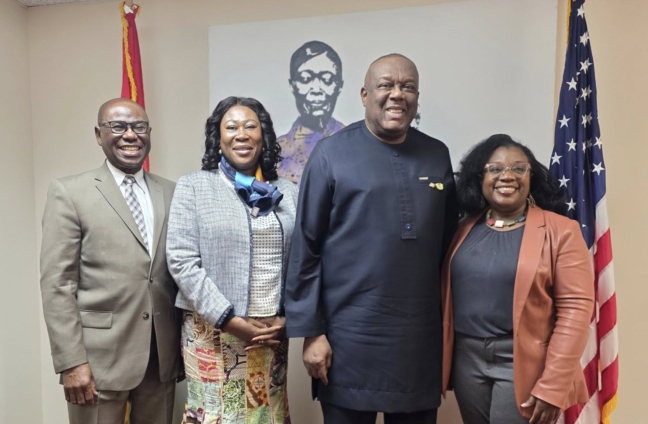Return of the Misfits: The Diaspora's Best Designers Now Build Their Studios in Accra
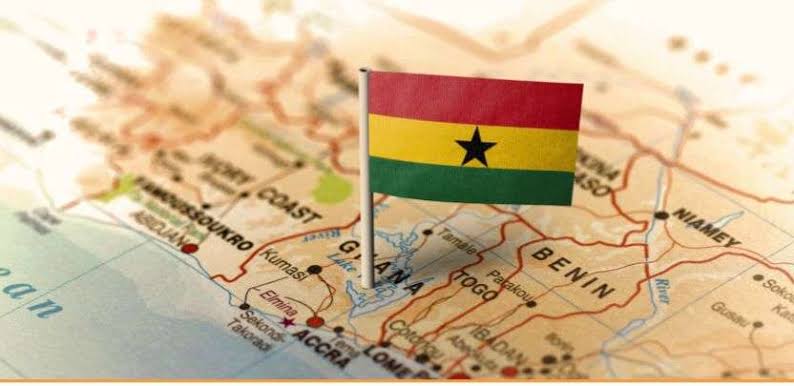
The first-generation immigrants often seek stability; their children, the second generation, often seek meaning. In Ghana-particularly in Accra-this search has manifested not just as a cultural visit but a determined effort to build a permanent, professional creative class.
Studios, galleries, and cultural hubs are now springing up all over the streets of Accra, founded by Ghanaian-British, Ghanaian-German, and Ghanaian-American creatives who found themselves yearning for a space where their global fluency could finally meet their ancestral roots.
The Obroni with a Ghanaian Heart
The Japa narrative is often one of loss, but the story of Accra's creative boom is one of cultural accumulation. These creatives mostly came of age in London, Berlin, or New York, mastering the language of Western art, design, and media.
Yet, their work always had a distinct dual rhythm-a feeling of being brilliant in one world but never truly standing your ground. When Ghana's Year of Return beckoned in 2019, it didn't just invite tourists; it provided a powerful psychological license for these professionals to answer a calling that went beyond a holiday.
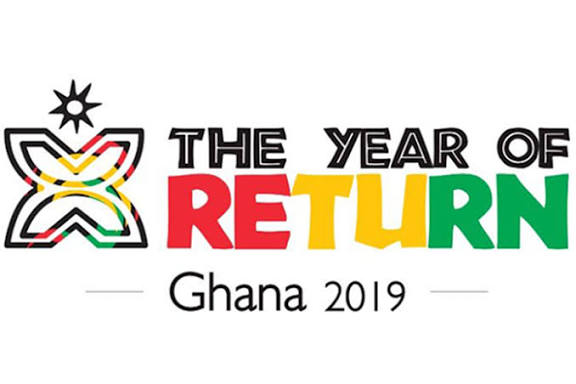
These people didn't visit, no; they relocated, bringing back technical expertise, international networking capital, and a fierce, unapologetic self-belief that the local scene desperately needed to professionalize.
From Limbo to Lagos Avenue
This is less about individual glory and more about infrastructure building, a silent revolution in the city's creative economy. Consider Limbo Accra, a spatial design studio co-founded by Dominique Petit-Frère, born out of the urge to respond to the many unfinished or abandoned high-rises of the city: buildings in states of 'limbo'.
The studio transforms such spaces into dynamic sites of exhibitions, co-working, and cultural activation. They are architects and artists playing the role of cultural entrepreneurs, bringing new purpose to urban decay.
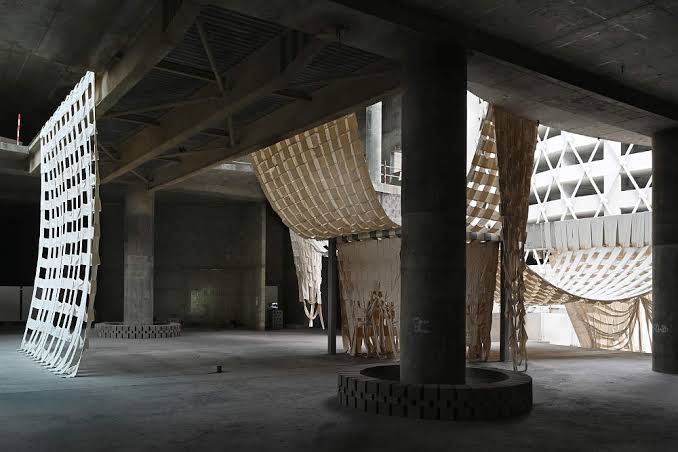
From fashion curation to filmmaking, we see this across the board: Nigerian-Ghanaian fashion curators opening showrooms in East Legon and tech-savvy film producers opening post-production houses with equipment that rivals those in Hollywood.
They are investing heavily in reliable power, high-speed internet, and training local staff to meet global standards. This commitment signals to the world that Accra is a serious, stable base for global creative projects, not just a picturesque location.
Diaspora Connect
Stay Connected to Home
From Lagos to London, Accra to Atlanta - We Cover It All.
Pan-African Pulse
This is more than just economics; this creative class is rewriting Pan-Africanism for the 21st century. It's was an ideology written on a piece of paper, but now it is a living collaboration in a design studio where an artist from Kumasi can work with a producer from Copenhagen on something that is authentically Ghanaian and globally fluent.
These creatives returning home are breaking down the binary of 'here' versus 'there.' They probably understand more than anyone that Afrobeats did not go global by discarding its Ghanaian/Nigerian roots; rather, it went global by embracing them unapologetically.
This is the evidence that Ghana can be a center for the production of contemporary culture and not only a subject of studies on someone's desk in the West. Such duality of perspective is priceless. They speak the language of current trends, yet have the authenticity to innovate truly unique African content.
The Price of a Clear Identity
For many in this wave of diaspora, the return is deeply emotional. They often grew up feeling they had to translate their identity, justifying their accents or explaining their traditions. Coming home is an immediate end to that exhausting labor. Here, their particular experiences, their British-inflected style, say, or German efficiency, or their inside knowledge of global art markets, are not deviations but assets.
Yet, they face the common challenge of the returnee: navigating bureaucracy, managing different business cultures, and often being overcharged; the classic Obroni tax. There's the pain of feeling too foreign for home and too African for the West.
As one designer put it, "We came back searching for ground, but we realized you have to build the ground first." It is a constant negotiation between the romantic ideal of "home" and the complex, beautiful, and sometimes frustrating reality of living and working there.
Blueprint For The Continent
This is proof that such a phenomenon occurs when intentional investment in cultural space and infrastructure is made. Professionalizing the local creative sector by building high-quality co-working spaces, professional studios, and accessible galleries in the diaspora attracts global attention.
It signals to the world that Accra is serious; it can sustain world-class cultural production. This creative energy fuels other sectors, ranging from tourism, especially during December in GH, to fashion and hospitality, making the city a vibrant hub for the whole West African region.
While Morocco is building solar power, Ghana is building cultural power. Both are essential in defining the future of the continent.
Diaspora Connect
Stay Connected to Home
From Lagos to London, Accra to Atlanta - We Cover It All.
The Dual-Citizen Dream
The real evidence of the success of Accra's new creative class isn't the number of businesses they are opening but their giving the young local talents permission to dream big. They proved that the strongest, most powerful creative expression is not in an artist deciding on one world over another, but in letting their dual citizenship finally inform their whole artistry, putting Accra in the middle of their unique global vision.
You may also like...
Explosive Racism Claims Rock Football: Ex-Napoli Chief Slams Osimhen's Allegations

Former Napoli sporting director Mauro Meluso has vehemently denied racism accusations made by Victor Osimhen, who claime...
Chelsea Forges Groundbreaking AI Partnership: IFS Becomes Shirt Sponsor!

Chelsea Football Club has secured Artificial Intelligence firm IFS as its new front-of-shirt sponsor for the remainder o...
Oscar Shockwave: Underseen Documentary Stuns With 'Baffling' Nomination!
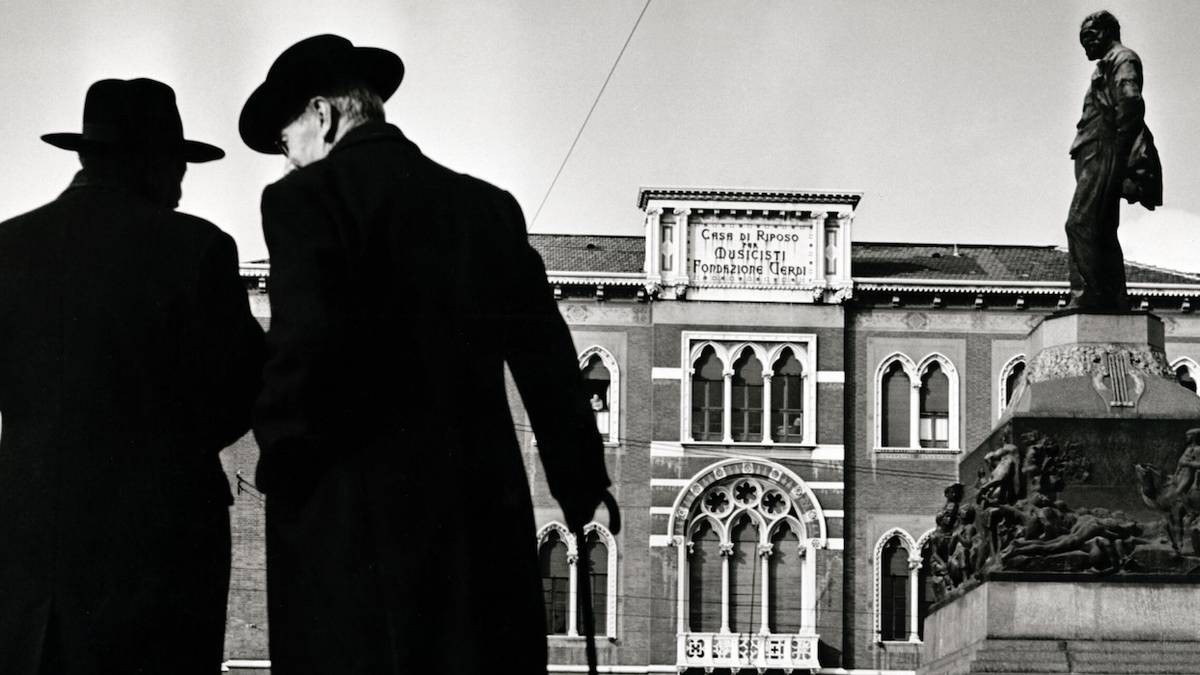
This year's Academy Awards saw an unexpected turn with the documentary <i>Viva Verdi!</i> receiving a nomination for Bes...
The Batman Sequel Awakens: Robert Pattinson's Long-Awaited Return is On!
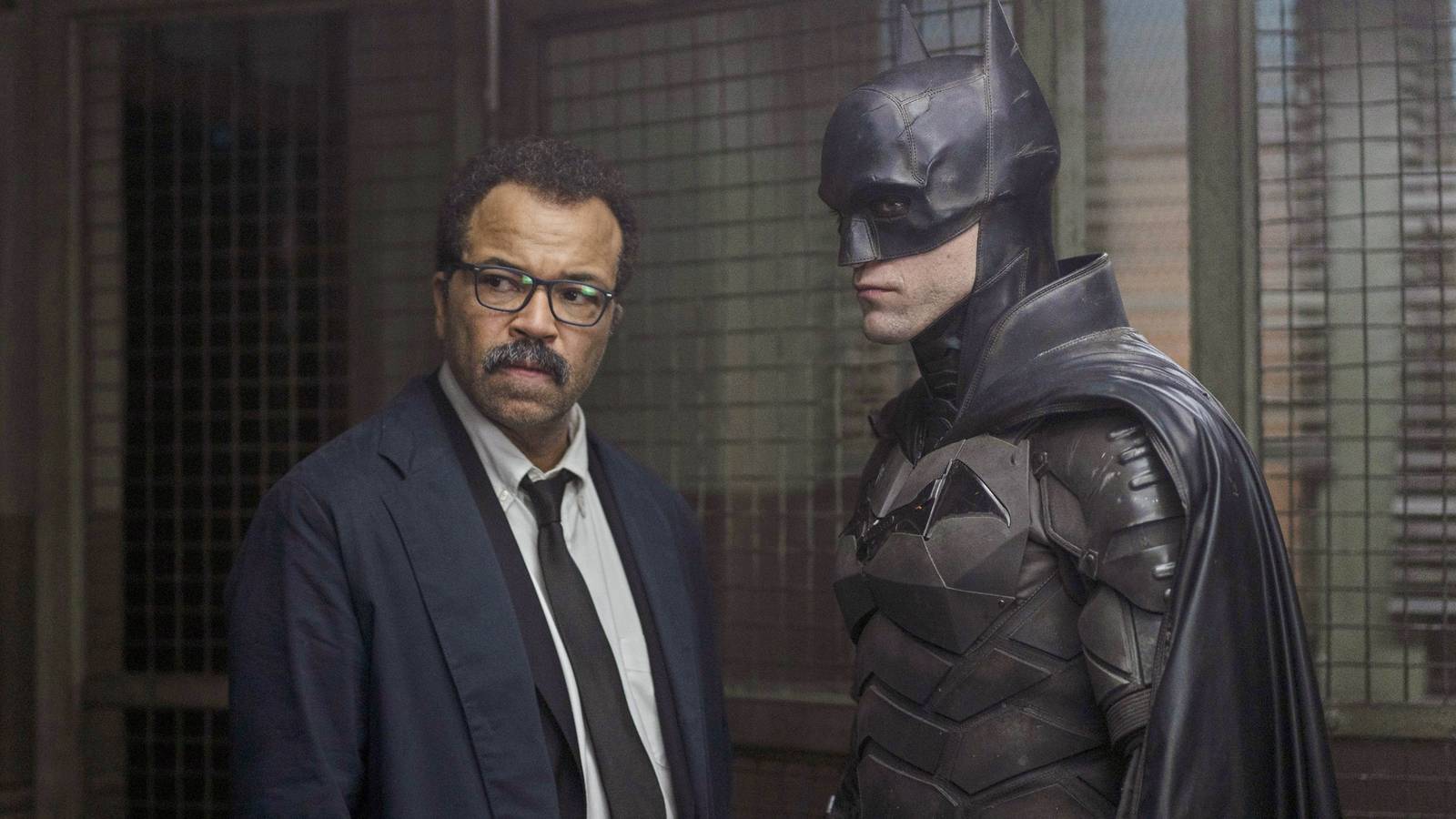
Robert Pattinson's take on Batman continues to captivate audiences, building on a rich history of portrayals. After the ...
From Asphalt to Anthems: Atlus's Unlikely Journey to Music Stardom, Inspiring Millions

Singer-songwriter Atlus has swiftly risen from driving semi-trucks to becoming a signed artist with a Platinum single. H...
Heartbreak & Healing: Lil Jon's Emotional Farewell to Son Nathan Shakes the Music World

Crunk music icon Lil Jon is grieving the profound loss of his 27-year-old son, Nathan Smith, known professionally as DJ ...
Directors Vow Bolder, Bigger 'KPop Demon Hunters' Netflix Sequel

Directors Maggie Kang and Chris Appelhans discuss the phenomenal success of Netflix's "KPop Demon Hunters," including it...
From Addiction to Astonishing Health: Couple Sheds 40 Stone After Extreme Diet Change!

South African couple Dawid and Rose-Mari Lombard have achieved a remarkable combined weight loss of 40 stone, transformi...

